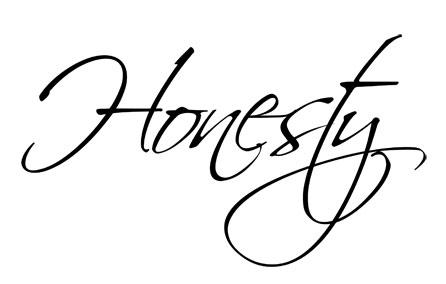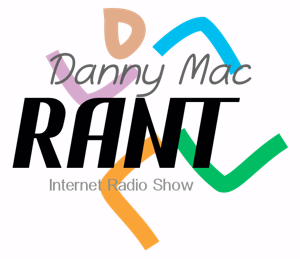
The truth, the whole truth, and nothing but the truth. Those words remind us of taking an oath. It’s that solemn promise to be honest and truthful, and nothing more, nothing less. We all feel that to some degree that we are honest, or try to be at least as much as possible. Every now and then, for some reason, we aren’t, and that’s when the problems start.
For instance, I promised to do something special for someone in my life, and I was given a deadline, or I gave myself one. Weeks passed, and nothing was done. The day arrived, and when asked about that special something, I didn’t have it. Naturally, I felt guilty, so I tried to stall and say that I “left it at home, and that I need to go and get it,” or that “I totally forgot about it.” Thankfully, this one time, I am let off the hook, and I go back to go get it. The truth is, I don’t have it, and I need to make it fast. Even if I do manage to get it done, was I really being truthful in the first place?
Not really. I was lying to myself and to the other person. Why did I lie? Because I was much too afraid to be honest and say that I didn’t have it. I felt that serious consequences might occur that could be the death of me! Usually, in most cases, the imagined scenario is much more intense than what really happens. Even then, if someone is disappointed, angry, or upset, it still hurts. What I didn’t realize is that it hurts much more to be dishonest and drag something out to be a major ordeal.
A simple favor was asked of me, and I was unable to “deliver the goods.” This person was depending on me to come through for them, and I simply did not. Whatever the reason or circumstances, the end result was that I was not being honest. I knew that I was busy and that I couldn’t promise that I’d get this project done. I went ahead and agreed to it anyway, because I didn’t want to disappoint this person. I concluded that I would disappoint them more if I didn’t at least give it a try. I took a huge risk, trusting myself that I would come through, when I knew deep down that more than likely, I wouldn’t. I know better. I don’t trust myself.
I know that when entrusted to do something, in the past, I’ve let others down. Not every single time, but there were many times it happened. I didn’t just let them down, I let myself down as well. Of course, guilt set in, and I beat myself over the head with it, telling myself that I was foolish to believe that I could have possibly even begun to take on such a project. How dare I let someone else down! And so the self-fulfilling prophecy continues, and the “failure factory,” manufactures everything it needs to survive; guilt, shame, remorse, sadness, depression, resentment… the cycle starts again in another context.
If I don’t trust myself, how in the world can anyone else? They don’t see the interior turmoil that plagues me from day to day, and how I still believe certain remnants of my childhood; unconsciously accepting them as if I had never gotten past the age of seven. Special circumstances and habits continue to dominate and dictate what I do in my daily life. Every day is a battle to be honest and truthful to myself, and to the world.
